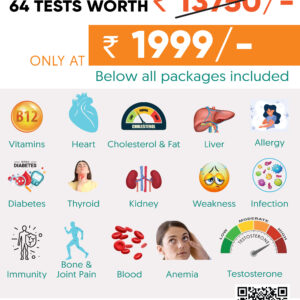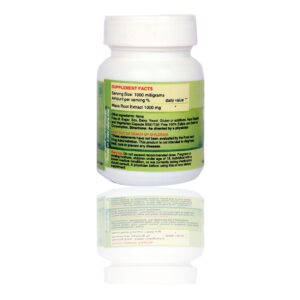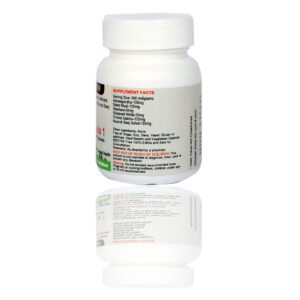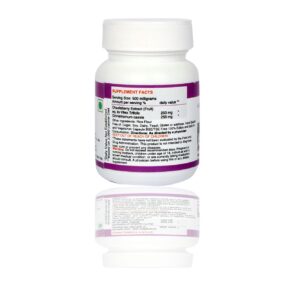Basic Pregnancy tests include:
Several routine laboratory tests may be used to help diagnose healthy pregnancy. These are listed below. Depending on the results of these, the medical history of the person, and signs and symptoms, other tests may be done to help safe pregnancy.
Amemia is the commonest issues in pregnancy to rule out that hemogram test will be conducted which evaluate:
- RBC indices—these include mean corpuscular volume (MCV), mean corpuscular hemoglobin (MCH), and mean corpuscular hemoglobin concentration (MCHC). They give a healthcare practitioner information about the size of the red blood cells and the amount and concentration of hemoglobin in RBCs present in someone’s blood at that moment. For example, the size and hemoglobin concentration of RBCs can help with diagnosing anemia because those characteristics can vary for different kinds of anemia.
- Hemoglobin (Hb)—may be normal early in the disease but will decrease as anemia worsens
- Red blood cell indices—early on, the RBCs may be a normal size and color (normocytic, normochromic) but as the anemia progresses, the RBCs become smaller (microcytic) and paler (hypochromic) than normal.
- Average size of RBCs (mean corpuscular volume, MCV)—decreased
- Average amount of hemoglobin in RBCs (mean corpuscular hemoglobin, MCH)—decreased
- Hemoglobin concentration (mean corpuscular hemoglobin concentration, MCHC)—decreased
- Increased variation in the size of RBCs (red cell distribution width, RDW)
- Serum iron—the level of iron in someone’s blood, which is usually decreased
- Ferritin—a protein used to store iron; the small quantity of ferritin that is released into the blood is a reflection of the amount of stored iron in the body and is usually low with iron deficiency anemia. It is considered to be the most specific test for identifying iron deficiency anemia, unless infection or inflammation are present.
- Transferrin and total iron-binding capacity (TIBC)—transferrin is a protein that binds to and carries iron through the blood; TIBC is a reflection of how much transferrin is available to bind to iron. In iron deficiency anemia, the transferrin level and TIBC are high.
other than these, other test includes: vitamin D, diabetic Liver function, kidney function performed in this package.









